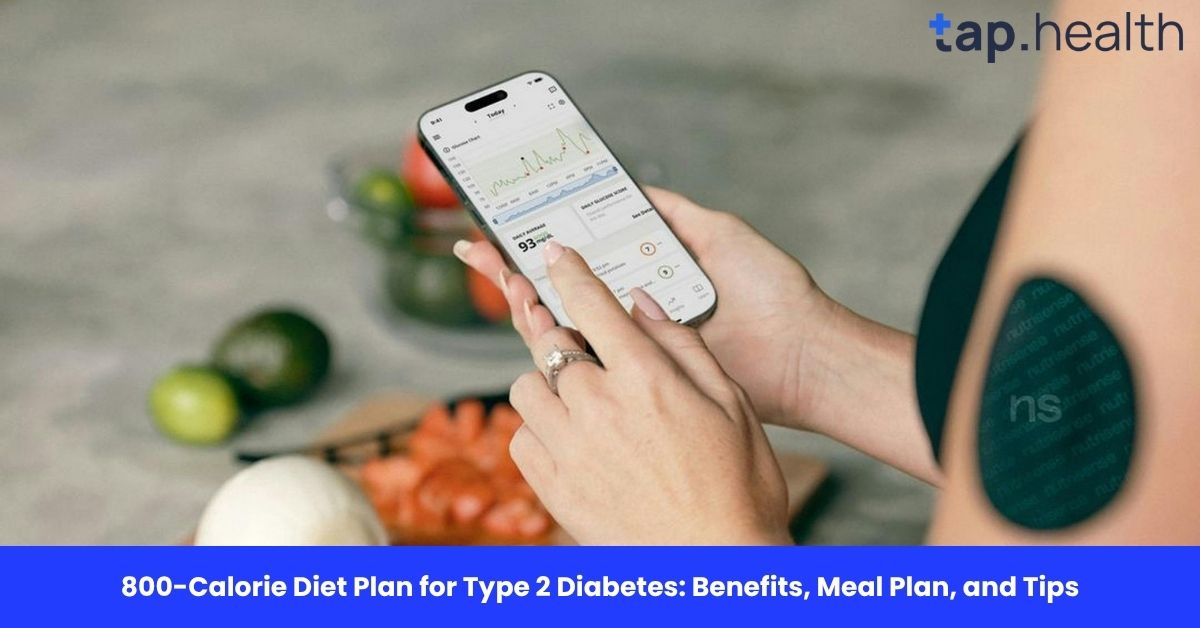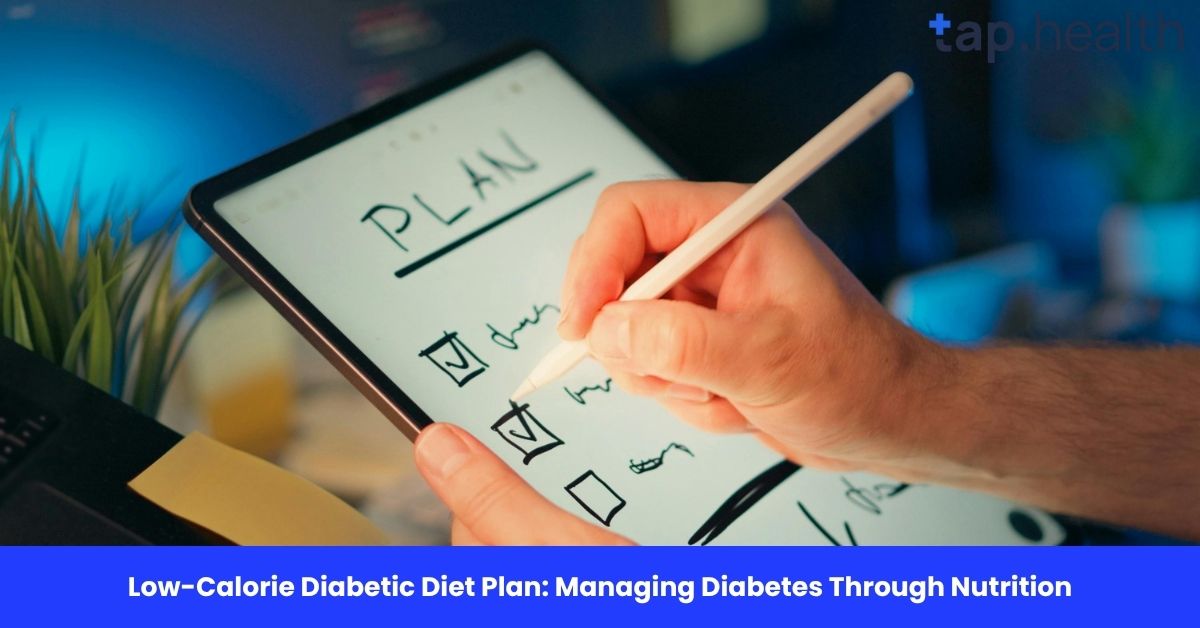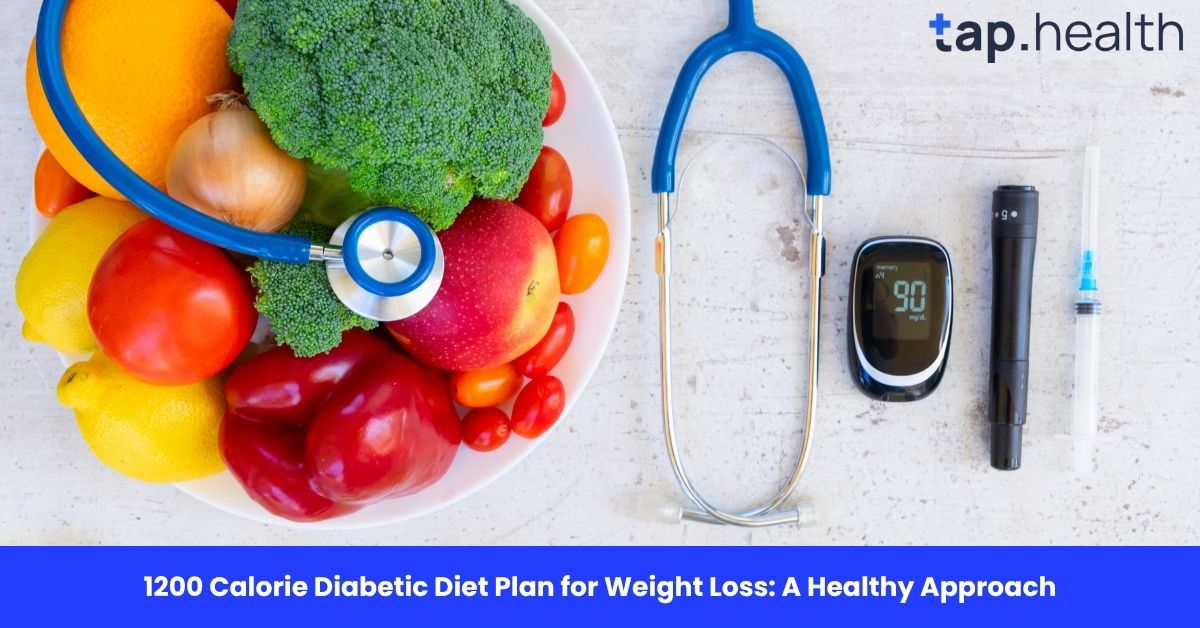Type 2 diabetes affects millions of people worldwide, and managing the condition involves a comprehensive approach, including medication, exercise, and most importantly, diet. Among the various dietary strategies being explored, the 800-calorie diet plan for Type 2 diabetes has gained attention for its potential to help manage blood sugar levels and even induce remission in some cases. In this comprehensive guide, we’ll explore everything you need to know about this diet — how it works, what you can eat, its benefits, risks, and practical tips.
What Is an 800-Calorie Diet?
An 800-calorie diet is considered a very low-calorie diet (VLCD), which limits daily calorie intake to just 800 calories. This type of restrictive diet is designed to promote rapid weight loss by forcing the body to use its fat stores for energy. For people with Type 2 diabetes, the 800-calorie diet may help lower insulin resistance, improve blood sugar control, and support weight loss, which is often crucial for managing the condition effectively.
It is essential to understand that such a low-calorie diet should be followed under medical supervision to ensure it’s done safely and effectively.
Why Choose the 800-Calorie Diet Plan for Type 2 Diabetes?
1. Weight Loss
Excess weight is a significant factor in Type 2 diabetes, as it contributes to insulin resistance. By following a calorie-restricted diet like the 800-calorie plan, individuals can lose weight, which can result in better blood sugar control and reduced reliance on medications.
2. Blood Sugar Management
The 800-calorie diet primarily works by reducing the amount of carbohydrates consumed, which directly impacts blood sugar levels. When blood sugar levels are better regulated, it can reduce the risk of complications associated with diabetes, such as nerve damage and cardiovascular issues.
3. Potential for Diabetes Remission
There is evidence to suggest that significant weight loss achieved through very low-calorie diets can reverse Type 2 diabetes in some individuals. By reducing visceral fat, particularly around the pancreas, the body may regain its ability to produce insulin more effectively, leading to diabetes remission.
How the 800-Calorie Diet Works for Type 2 Diabetes
The 800-calorie diet is typically implemented in phases, with the first phase focusing on a very low-calorie intake for a limited period, usually up to 12 weeks. During this time, meal replacements like shakes and soups are often used to meet the daily calorie goals. After the initial phase, food is gradually reintroduced while maintaining a calorie deficit.
Calorie Breakdown:
- Lean Proteins: Chicken, fish, tofu, or legumes (for muscle preservation).
- Non-Starchy Vegetables: Spinach, broccoli, kale, and cauliflower (to ensure the diet is rich in fibre and nutrients).
- Healthy Fats: Olive oil, nuts, and seeds (for balanced nutrition).
- Whole Grains (in moderation): Brown rice, quinoa, oats (to maintain energy levels while controlling carbs).
Sample 800-Calorie Meal Plan for Type 2 Diabetes
Here’s a simple, balanced 800-calorie meal plan designed for someone with Type 2 diabetes:
Day 1:
- Breakfast (200-250 calories):
Scrambled eggs with spinach and tomatoes cooked in olive oil, a small apple, or a handful of berries. - Lunch (250-300 calories):
Grilled chicken breast with a side of mixed greens (spinach, cucumber, and tomato), and a small portion of quinoa. - Snack (100-150 calories):
A handful of almonds or walnuts, or a small cucumber. - Dinner (250-300 calories):
Grilled fish (such as salmon or mackerel) with steamed broccoli and a drizzle of olive oil.
This meal plan is nutrient-dense, focusing on lean protein, healthy fats, and non-starchy vegetables, which are perfect for managing blood sugar levels while keeping calorie intake low.
What Are the Risks and Side Effects of an 800-Calorie Diet?
While the 800-calorie diet can offer significant benefits for Type 2 diabetes, there are some potential risks and side effects that should be considered:
1. Nutrient Deficiency
Severely restricting calories without careful planning can lead to deficiencies in essential nutrients, including vitamins and minerals. It’s crucial to ensure that meals are balanced and rich in nutrients to prevent deficiencies.
2. Muscle Loss
On such a low-calorie diet, muscle mass can be lost if protein intake is insufficient. It is important to include adequate sources of lean protein to help maintain muscle mass and prevent this issue.
3. Hypoglycemia (Low Blood Sugar)
For individuals on insulin or other blood sugar-lowering medications, there is an increased risk of hypoglycemia due to reduced calorie intake. Close monitoring of blood sugar levels is essential, and medications may need to be adjusted under the guidance of a healthcare provider.
4. Increased Risk of Gallstones
Rapid weight loss, particularly from very low-calorie diets, can increase the risk of developing gallstones. This can be mitigated by ensuring gradual weight loss under medical supervision.
How Long Can You Stay on the 800-Calorie Diet?
The 800-calorie diet is typically followed for 12 weeks as part of a structured program, particularly for people with Type 2 diabetes. After the initial phase, individuals gradually increase their calorie intake while continuing to make healthier food choices. Extended use of this diet should be monitored by a healthcare provider to avoid negative side effects such as nutrient deficiencies or muscle loss.
What Are the Best Foods to Include in an 800-Calorie Diet for Type 2 Diabetes?
An effective 800-calorie diet plan for Type 2 diabetes should focus on nutrient-dense foods that help manage blood sugar levels. Here are the best food choices:
1. Lean Proteins
- Chicken breast, turkey, tofu, fish (salmon, mackerel, or sardines), and lentils provide essential protein while being low in fat.
2. Non-Starchy Vegetables
- Spinach, kale, broccoli, cauliflower, zucchini, and green beans are excellent low-calorie vegetables that are rich in fibre and vitamins.
3. Healthy Fats
- Olive oil, avocado, nuts (almonds, walnuts), and seeds provide essential fats that are important for overall health.
4. Whole Grains (in moderation)
- Oats, quinoa, brown rice, and whole-wheat pasta are good sources of complex carbohydrates but should be eaten in limited quantities to stay within the 800-calorie limit.
Key Takeaways
The 800-calorie diet plan for Type 2 diabetes offers significant benefits, including weight loss, improved blood sugar control, and even the potential for diabetes remission. However, it must be followed with proper medical guidance to avoid risks such as nutrient deficiencies or muscle loss. This plan focuses on nutrient-dense, low-calorie foods like lean proteins, non-starchy vegetables, and healthy fats, making it a balanced approach for managing diabetes effectively.
Frequently Asked Questions (FAQ) on 800-Calorie Diet Plan for Type 2 Diabetes
What is the best diet to reverse Type 2 diabetes?
The best diet for reversing Type 2 diabetes is one that promotes weight loss, improves insulin sensitivity, and stabilises blood sugar. Diets like the Mediterranean diet, low-carb diets, and very low-calorie diets (like the 800-calorie diet) have shown positive results for some individuals in achieving diabetes remission.
How many calories should a Type 2 diabetic eat per day?
The daily caloric intake for a Type 2 diabetic depends on factors like age, activity level, and weight loss goals. However, for weight loss and blood sugar control, a 1,500 to 2,000-calorie diet is typically recommended, with 800-calorie diets being used in more controlled programs under medical supervision.
What are the side effects of Fast 800?
Some side effects of the Fast 800 diet may include headaches, fatigue, nausea, and constipation due to calorie restriction. It’s important to stay hydrated and ensure proper nutrient intake to mitigate these effects.
How long can you stay on the Fast 800 diet?
The Fast 800 diet is typically followed for 8-12 weeks, after which the diet is gradually transitioned to include more calories while maintaining healthier eating habits.
By following the 800-calorie diet under medical supervision, individuals with Type 2 diabetes can achieve significant improvements in weight management, blood sugar control, and potentially even remission. Always consult with your healthcare provider before beginning any restrictive diet to ensure it’s the right choice for your health needs.


